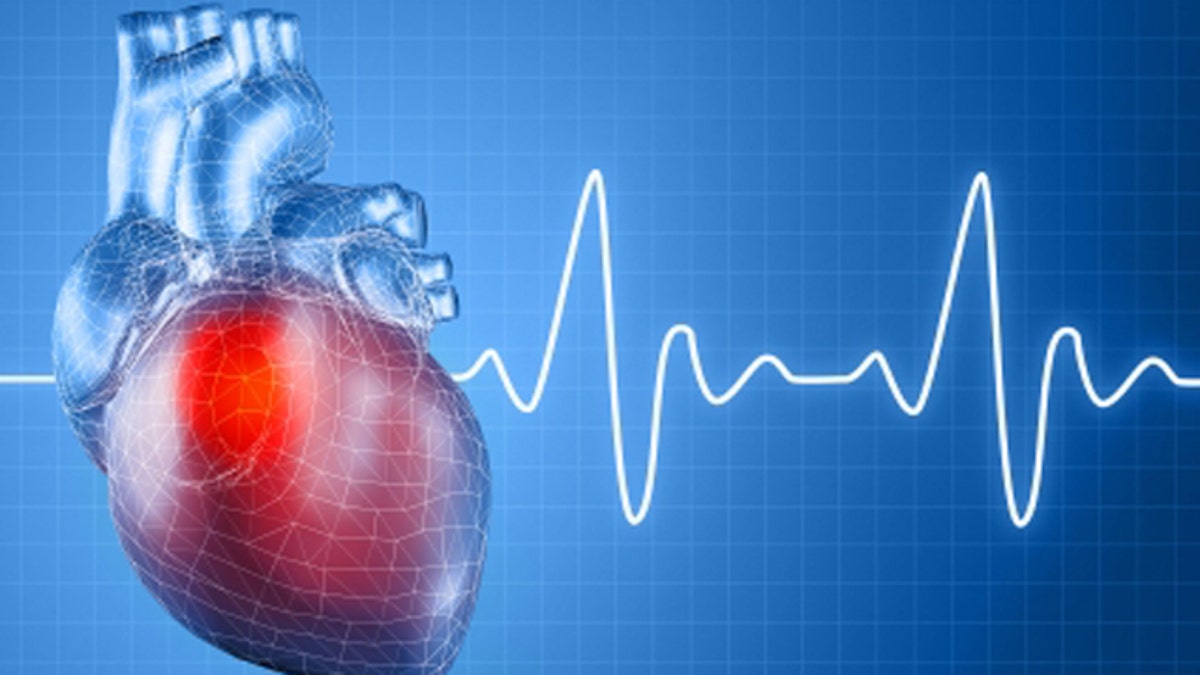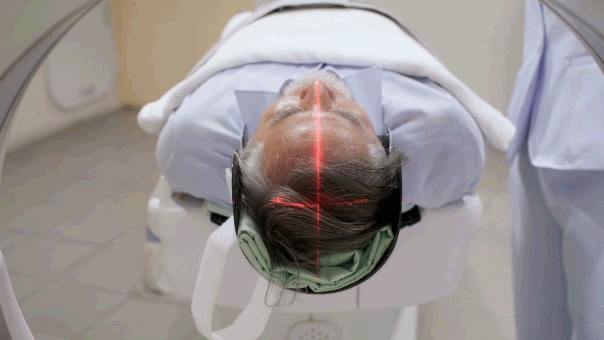
(iStock)
Might infection by the human papillomavirus — now linked to cervical and throat cancers, among other ailments — also be tied to heart disease?
A new study appearing in the Journal of the American College of Cardiology suggests an association. It looked at 2,450 women between the ages of 20 and 59 and found 60 who reported being told by a physician they’d suffered a heart attack or stroke. Of those, 39 had HPV and 21 did not.
After adjusting for diabetes, smoking habits and other risk factors that influence heart-disease risk, the researchers concluded the odds of developing cardiovascular disease were 2.86 times higher in women who had the types of HPV associated with cancer compared to those who weren’t infected by the virus at all.
The study only looked at a snapshot of women’s HPV status at a certain point in time, however. It can’t distinguish between infections that persist over time and those that clear up on their own, notes Kenichi Fujise, a study author and director of the division of cardiology at the University of Texas Medical Branch at Galveston. Nor can it tell whether women infected at some point in their lives are likely to develop heart disease decades later, or whether the HPV infection is actually causing cardiovascular problems.
Fujise says HPV produces a protein that interferes with the action of p53, a gene that normally helps the body suppress tumors. Animal studies suggest the same gene seems to be involved with regulating atherosclerosis, the hardening of the arteries that can lead to heart attack and stroke.
HPV also deactivates another tumor-suppressing gene called retinoblastoma protein, which has also been tied to atherosclerosis in animal studies, write Fujise and his co-author, Hsu-Ko Kuo, also of UTMB.
They call for future research on this question, including going back to look at randomized trials of HPV vaccines to see if vaccination makes a difference in cardiovascular outcomes. They say we need a better understanding of the basic science between HPV and the two tumor-suppressing proteins. And it’s important to see if there’s a link between HPV and heart disease in men.
Click here to read more from The Wall Street Journal.








































